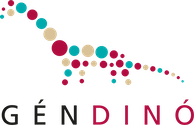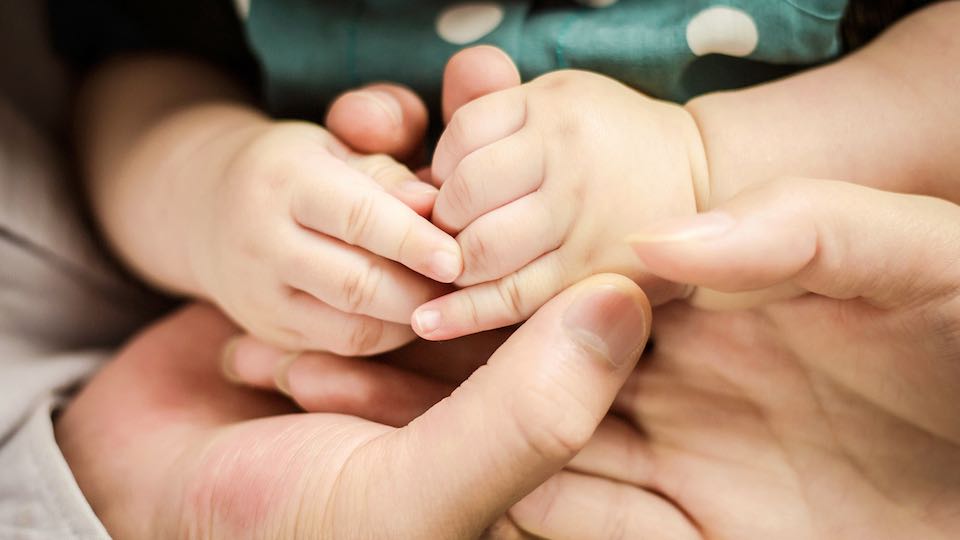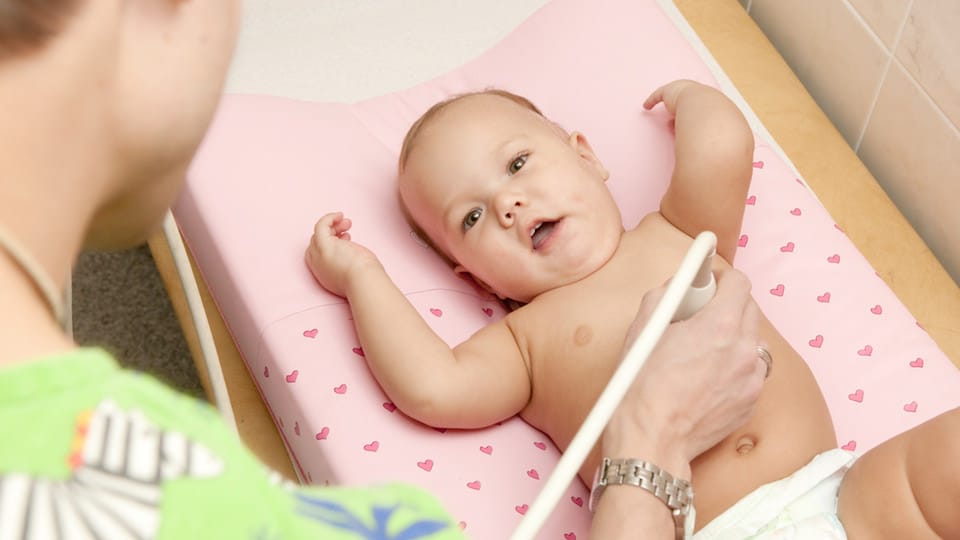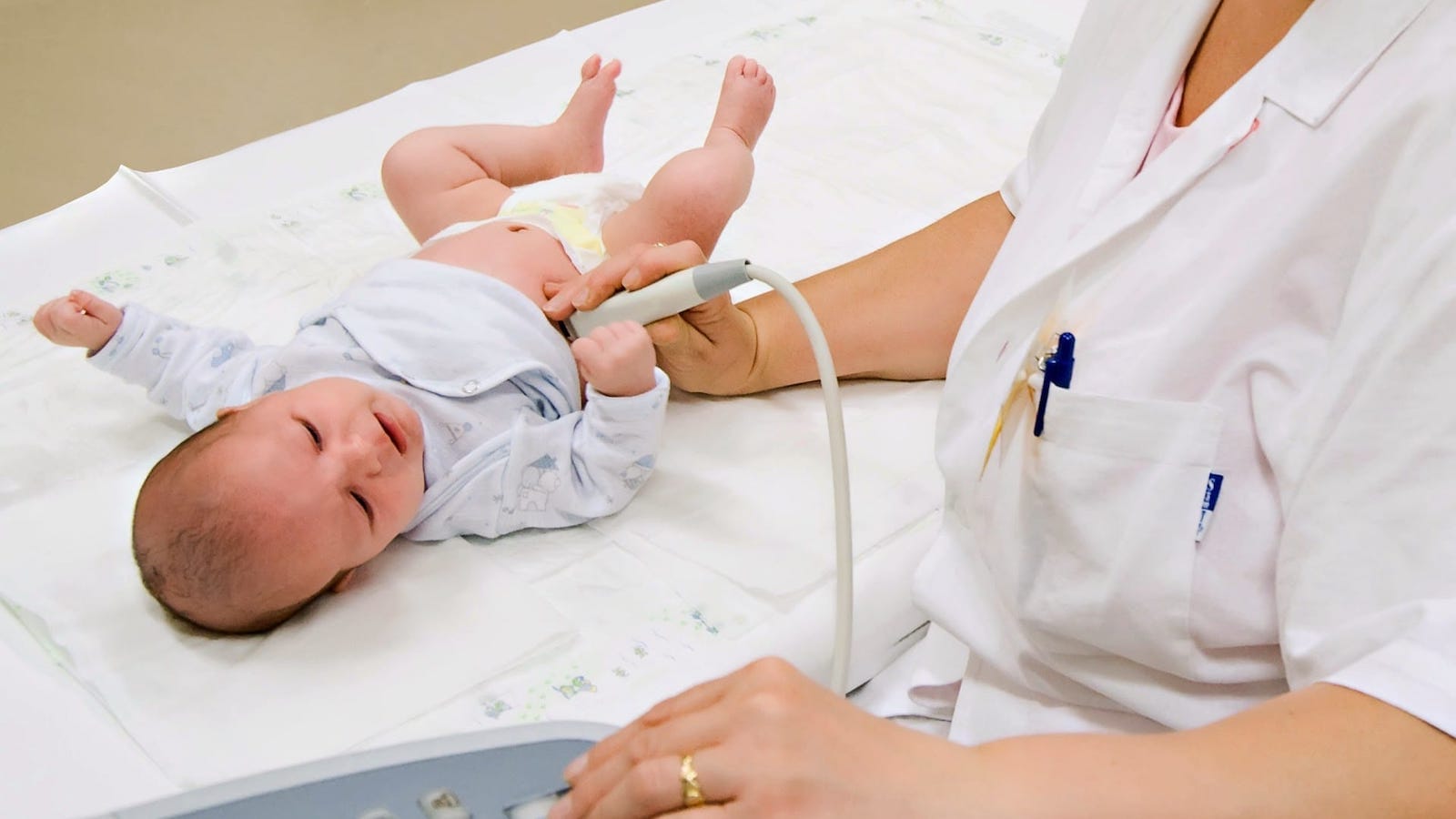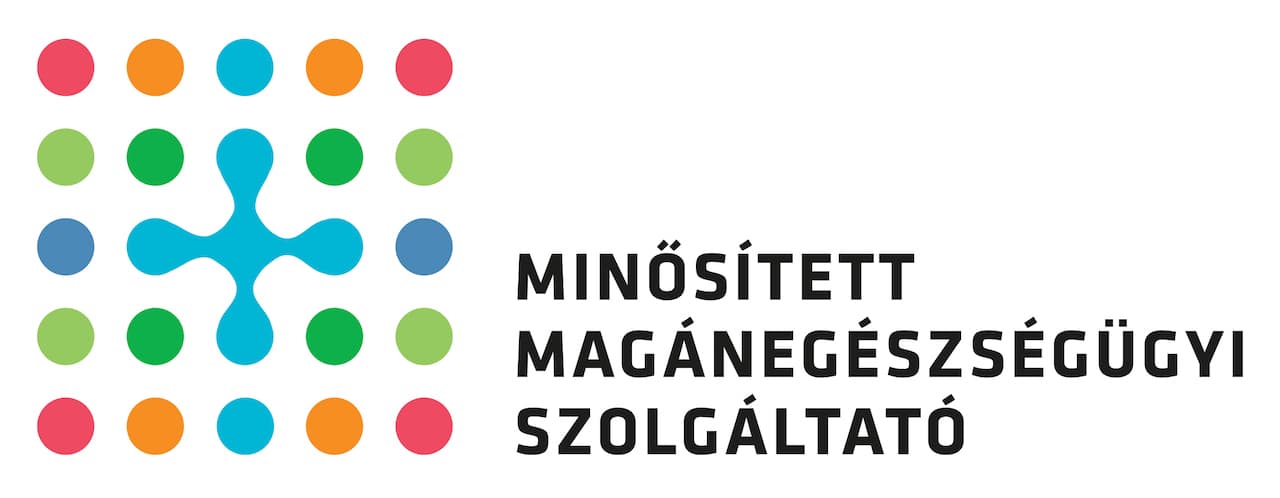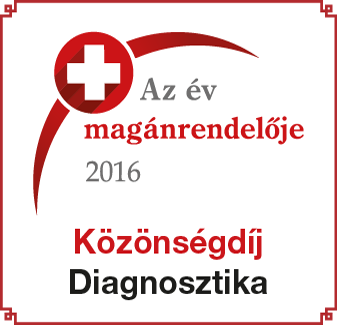What are the most common disorders and symptoms in infancy?
In infants, it is important to recognise early damage to the nervous system, particularly problems that develop during pregnancy, childbirth or prematurity. It is essential to consult a paediatric neurologist if any of the following factors appear during foetal life, at birth or as a later complaint:
- neurological damage due to difficulty in delivery,
- lack of oxygen to the brain,
- discoloured (meconium) amniotic fluid,
- intrauterine malformations,
- delayed motor and mental development,
- larger or smaller than normal head size,
- strange limb movements,
- abnormal eye movements.
The following complaints, which are easily recognisable by parents, also require a paediatric neurological examination:
- various delays in the development of babies compared to the normal rate of development,
- abnormalities of head posture,
- an increase or decrease in muscle tone,
- sleep disturbances,
- feeding difficulties,
- vision and hearing problems,
- general restlessness of the baby,
- sickness of uncertain origin, with or without disturbance of consciousness.
What are the most common symptoms in early childhood?
In early childhood, the following complaints may alert parents to possible neurological problems:
- delay in motor or speech development,
- behavioural problems,
- movement disorders with muscle weakness, clumsy movements, fatigue, unsteady gait,
- eating disorders,
- waking up at night,
- night-time wetting,
- bowel movement problems,
- abnormal appearance of the child: strange face shape, abnormal posture.
What are the most common symptoms during school age and early adolescence?
Children in primary school may require neurological examination for the following complaints:
- hyperactivity and attention deficit, learning difficulties,
- mood disorders, mood swings,
- headaches, dizziness,
- Abdominal pain and headache of non-organic origin, which may be caused by a neurological problem.
What are the symptoms that can occur at any age?
In addition to the above, there are a number of symptoms that can occur at any age that also warrant a neurological examination of the child. If you have any of the following symptoms, you should also visit our paediatric neurology clinic:
- unconsciousness or fainting spells,
- seizures or various symptoms of paralysis,
- neurological disorders with skin symptoms, which typically cause patchy lesions on the skin and require detailed examination,
- various psychological problems, such as anxiety, depression, phobias, sleep disturbances, panic, which may be caused by neurological lesions.
What happens at your first paediatric neurology appointment?
For the first neurological examination, it is a good idea to bring all the child’s previous medical records, if there have been previous examinations. If not, it is the obstetric report which can contain important information about the circumstances of the birth and can help to identify neurological problems.
After reviewing the child’s medical records, we will also ask about the parents’ medical history, as it is important to know if there is a history of neurological problems in the family. The circumstances of pregnancy and the postnatal period are also very important: oxygen deprivation or infections in the first few days after birth can cause neurological problems later on.
After a general orientation, we will define the exact symptoms that brought you to our paediatric neurology clinic and, if necessary, we will also carry out further diagnostic tests.
